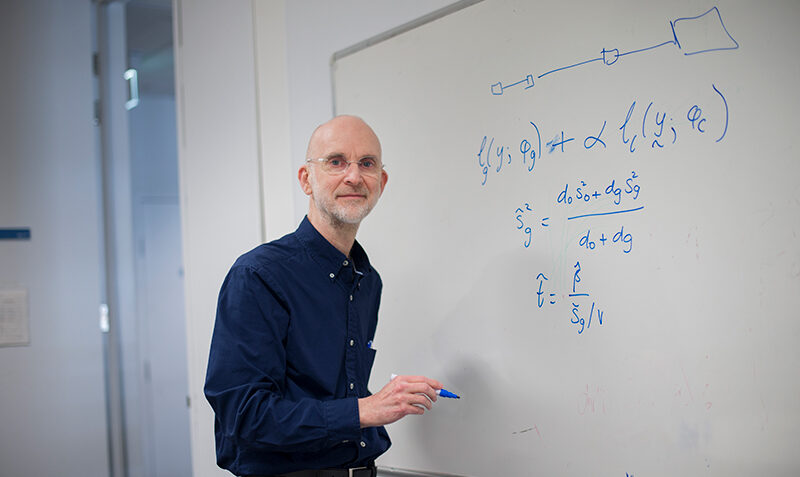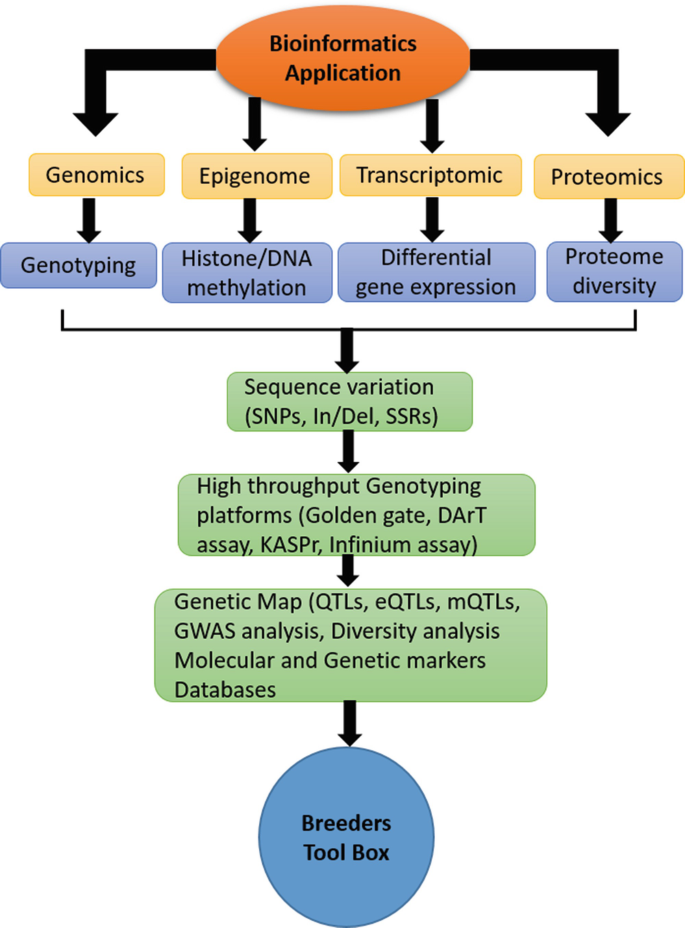The Greatest Guide To Bioinformatics Tutor
The Greatest Guide To Bioinformatics Tutor
Blog Article
The smart Trick of Bioinformatics Tutor That Nobody is Talking About
Table of ContentsThings about Bioinformatics TutorSome Of Bioinformatics TutorEverything about Bioinformatics TutorThe 9-Minute Rule for Bioinformatics TutorSome Known Facts About Bioinformatics Tutor.
Of the total amount individuals associated with the training, 80% were pupils from public greater education establishments, while the staying 20% came from exclusive organizations. To get approved for a certification of involvement, students were called for to go to a minimum of 90% of the complete training hours. As a result of this demand, an outstanding 95% of the participants effectively obtained their certifications, having not only satisfied the minimum attendance standards but additionally completed all appointed activities throughout the training.
Throughout the height of the COVID-19 pandemic, especially between June and August 2020, the task team was entrusted with organizing specialized training in bioinformatics. This training was specifically focused on students from the study group Core for Research in Applied Computer at the Federal University of Pará (UFRA) The adaptation to remote learning platforms as a result of the pandemic produced a possibility to explore brand-new teaching methods and electronic tools that improved both reach and effectiveness.
This program was developed to offer an available yet extensive overview of Artificial Knowledge methods, particularly as applied in bioinformatics (Bioinformatics Tutor). This digital style enabled engagement from pupils across Brazil, many of whom could not have had the chance to attend in-person sessions.
The Only Guide to Bioinformatics Tutor
A significant feature of this program was its emphasis on hands-on discovering. Roughly 50% of the overall training hours were devoted to useful tasks where students developed intelligent designs and applications in a variety of scientific domain names, including genes, molecular biology, and ecological data evaluation. Extensively utilized tools and structures such as Spyder, Google Colab, Jupyter Notebooks, and Orange were incorporated into the coursework. These systems made it possible for trainees to engage in real-time data adjustment, model training, and algorithm trial and error.
Sixty of them were affiliated with various higher education institutions in the state of Pará, while the remaining twenty came from institutions situated in 5 various other Brazilian states. By introducing Artificial Intelligence in a practical and relevant context, the campaign served to bridge the gap in between concept and real-world application, supplying trainees with a solid structure for future study or work in the area.
The training effort formed part of a more comprehensive scholastic outreach effort referred to as the Bioinformatics when traveling task. This project has, for many years, presented dozens of students to the globe of bioinformatics and computational biology. The events held under this umbrella initiative have actually happened across multiple areas and years, as summarized in Table 1 (List of occasions, locations, years, and total varieties of students and teachers)
Numerous of these groups, at first brought with each other by their participation in training events, have considering that gone on important source to generate independent clinical study in cooperation with local academic organizations. The training not just cultivated clinical reasoning within the context of bioinformatics yet additionally sparked collective relationships that expanded past the training environment.
7 Easy Facts About Bioinformatics Tutor Described
The exact same team, excluding IH and RR, additionally acted as tutors for the functional training modules. Funding for the task was supplied with the grant 88887.200562/ 2018-00 from CAPES.
The Federal College of Pará's Workplace of Research study (PROPESP/UFPA) also gave economic support, specifically for the manufacturing of the final manuscript. The authors proclaim no economic or industrial conflicts of passion that might have influenced the More about the author study. Moreover, all interpretations and opinions shared in this short article are solely those of the writers and do not necessarily mirror those of their particular institutions, the author, editors, or reviewers included in the publication procedure.

Not known Facts About Bioinformatics Tutor
From an instructional perspective, the training method made use of in the training was deliberately interactive. Classes were carried out in a manner that urged student involvement and discussion, going past rote memorization to check out how concepts are developed, applied in life, and tested in academic setups. The educational approach concentrated on nurturing both solid and struggling trainees, providing personalized assistance, and building confidence via sustained mentorship and persistence.

Each group, consisting of about 36 individuals, was supported by 3 coaches-- most of whom were postdoctoral scientists with specific expertise. These advisors not only helped make the group projects however also promoted their execution, ensuring that each research study question was both pertinent and properly tough. The goal was to offer a biologically sensible context that participants might explore via open-ended purposes and access to curated datasets.
For added insights right into the methodology and results of this project-based learning technique, readers are guided to S1 Text, that includes in-depth summaries of the pedagogical structure, evaluation methods, and project styles made use of in the training sessions.
Bioinformatics Tutor - Questions
Of the overall individuals entailed in the training, 80% were pupils from public higher education organizations, while the staying 20% came from exclusive establishments. To certify for a certificate of participation, students were needed to go to at the very least 90% of the overall training hours. Especially, past the pupils that enlisted in the training sessions, seven skilled trainers got involved in delivering the programs, while three specialized research study teachers collaborated the general training procedure. Around 50% of the complete training hours were click to read more committed to functional tasks where pupils developed smart designs and applications in a variety of scientific domains, including genetics, molecular biology, and ecological information evaluation. The training not only promoted scientific thinking within the context of bioinformatics but additionally triggered joint partnerships that prolonged beyond the training environment.
Report this page